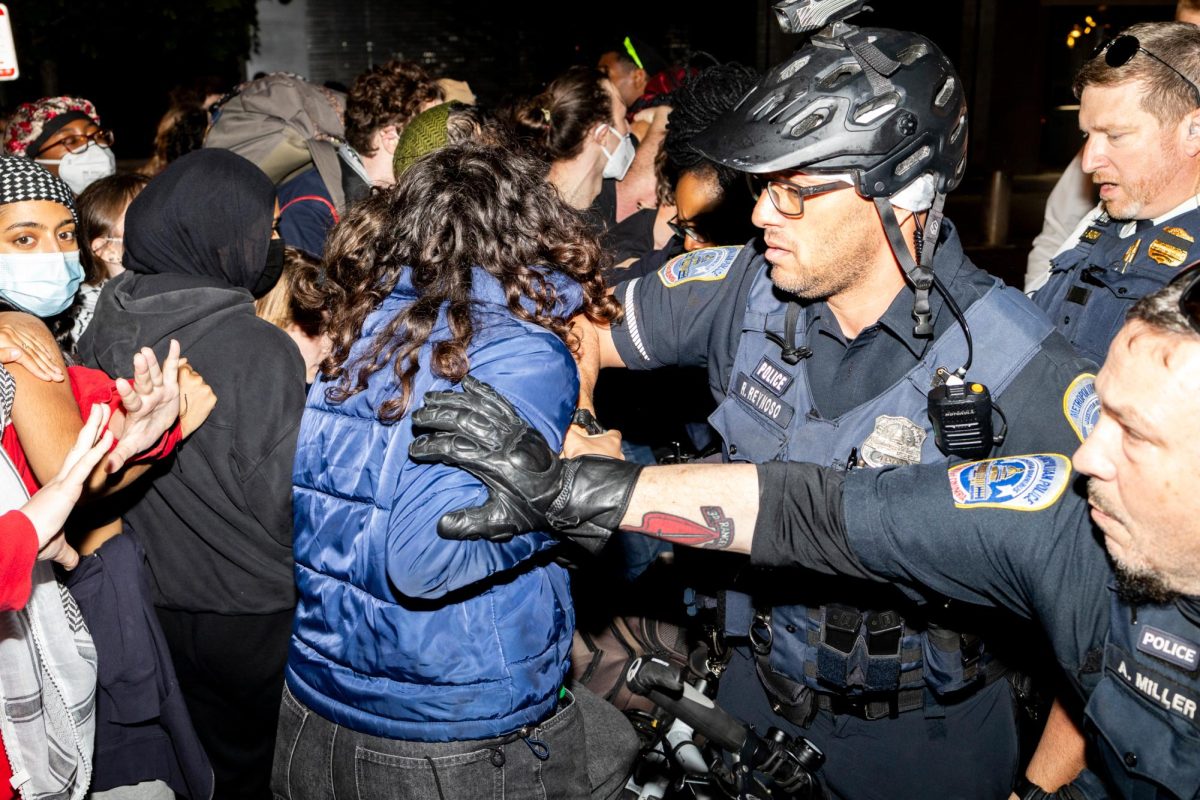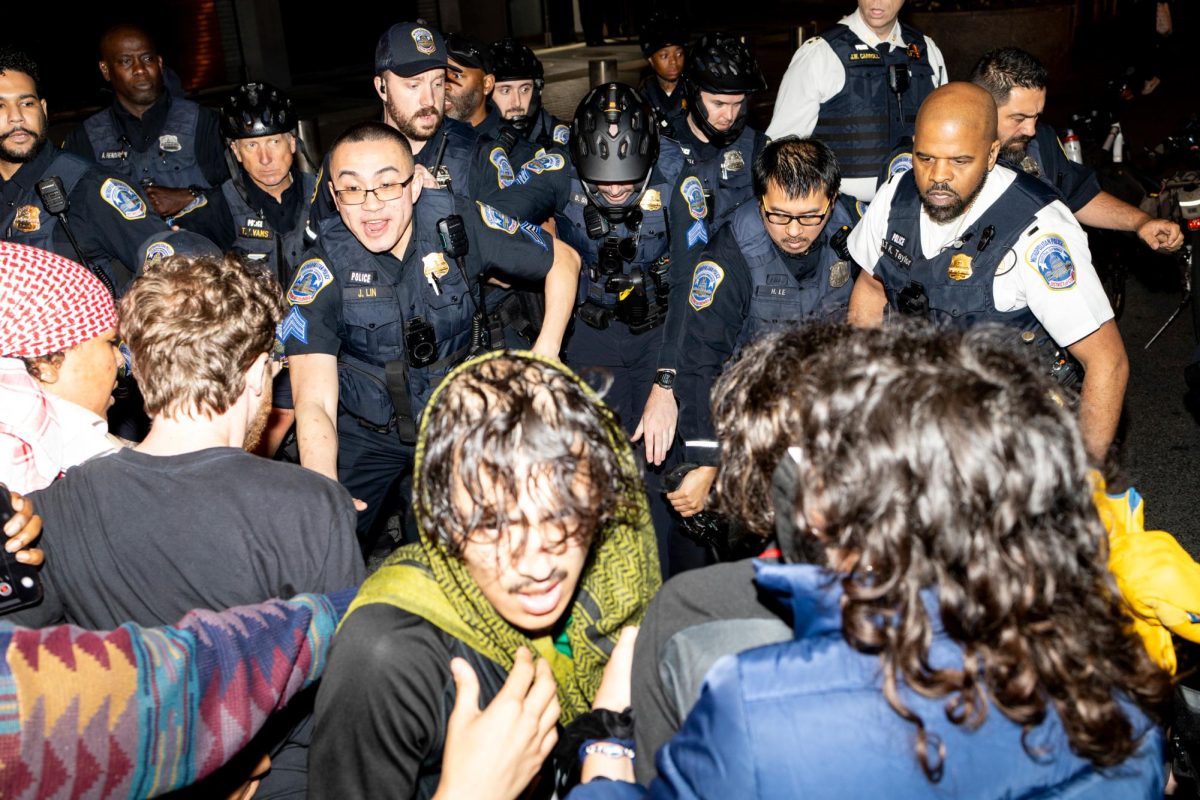A possible change in the way that law schools are ranked in US News and World Report could upset their current order for next year, potentially affecting the GW Law School and other institutions across the country.
US News and World Report, which publishes one of the country’s most prominent law school rankings in the spring, bases most of its methodology on the LSAT scores and grade point averages of entering full-time students. Some schools have used this methodology to their advantage, admitting new students with less impressive credentials into part-time programs, officials from the magazine said.
Robert Morse, director of data research at US News, wrote that the magazine is “carefully contemplating the potential impact” of incorporating part-time students into their rankings and will make a decision in January.
The Wall Street Journal predicted that George Mason Law School would drop from 38th to the mid-40s if the changes occurred. GMU Law School Dean Daniel Polsby told the Journal that “the action could have an unintended negative effect on law school evening programs.”
Anne Richard, associate dean for admissions and financial aid at the 20th-ranked GW Law School, said the part-time program at GW is strong and would not be hurt by any methodology change.
“Our part-time program is an integral part of who and what we are and what makes us special,” Richard said. “It has been for over 140 years, and it always will be.”
She added, “We will not be a slave to any one ranking.”
She touted the credentials of GW’s part-time program, highlighting its long history and its valuable function as an accommodator of students with other commitments.
Part-time students are “older, more experienced and more geographically tied to the area in which they live and work than our full-time students,” Richard said. “Most go to law school while working in full-time jobs.”
Schools such as the GW Law School have an interest in maintaining a stable ranking, which can help them uphold a reputation. Richard emphasized its importance in attracting high-caliber prospective students who “are reliant on them and use them in their decision” of choosing where to apply.
An unnatural shift in a school’s rank could also become an explosive issue for current law students, who crave exposure to prestigious employers seeking to hire from top schools. Jess Fickey, a third-year law student at GW, vividly recalled when the school dropped only a few spots in her first year.
“There was a huge uproar,” she said. “(Rankings are) what firms and employers look to when they’re hiring.”
Fickey said she fears that incorporating the credentials of entering part-time students into a single score could mean a fall in rank for the Law School.
Fickey said, “It’s perceived by the full-time population that it’s easier to get into the part-time program and then transfer.”







